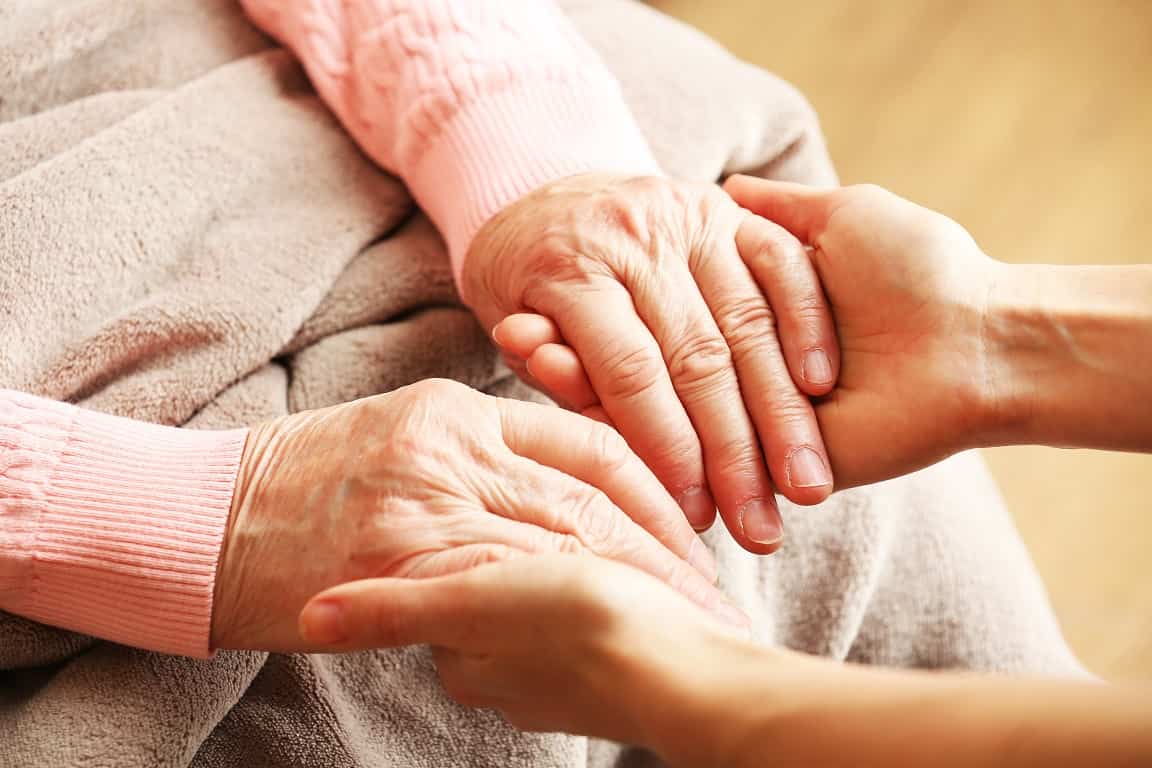Someone has suddenly passed, without knowing why pressure starts to build.
Who do you call first, what comes next…?
How do you organise a funeral and what is the importance of a Death Certificate?
Bank Accounts, Utility Bills, let alone consider the departed was operating a business.
Here are some tips on essential steps that need action when a loved one passes.
Most of us avoid thinking about the day that we are no longer around, considering this it makes sense that we are not keen to plan ahead for others let alone ourselves. The shock of losing a loved one can be completely overwhelming, however being able to prepare or act on the following can greatly assist in an already stressful situation.
Here is a list of items that can help with this situation
- Death in Hospital or at a home
- Registering the death
- Doctors Certificate and Death Certificate
- Organ Donation
- Is there a will or pre-paid funeral arrangements
- Appointing a Funeral home and funeral service
- Legal requirements, Taxes and Who to notify
- Seeking Government Assistance
- Removing names from Mailing lists
- Social Media Accounts
- Coping with grief
-
Death at a hospital or nursing home
Indeed, many people in short-term or long-term care do pass in the care of others. In these situations, many of the institutions have protocols in place to deal with most formalities and will be able to assist families with what to do after in terms of preparing funeral arrangements.
Public and Private Hospitals a majority have their own mortuary to hold your deceased until suitable arrangements with a funeral director are made so that the departed can be moved to the funeral home.
On the other hand, the majority of Nursing Homes and Smaller Hospitals are focused on care and do not have these facilities at hand, so a funeral home will need to be engaged as a priority so that appropriate care of the departed can be maintained before the funeral is arranged.
Death at Home
If a loved one passes at home, then its critical to stay calm and not be overwhelmed by the moment.
Expected passing:
If the passing of your loved one has been expected, its most likely the visiting GP has explained that once the beloved has passed that the GP needs to be called again as soon as possible to outline the cause of death. This document is known as a Medical Certificate. If a doctor is unavailable, then the next best alternative is to call the Police who can assist in the organisation of a hospital or the coroner who can issue a Medical Certificate in the doctor’s place. Without this document then it is unlawful to move or remove the departed body from the place of death.
Unexpected passing:
If your loved one is suddenly unresponsive or you unsure as to whether they are in some trouble the first option is to dial 000 and call for an ambulance. Take the time to outline the situation and the circumstances. Once the ambulance arrives they will assess the situation and take action from there.
If the person is already deceased, then the Ambulance may call for a doctor or the police. Be aware that if your departed has not seen a GP within the last 6 months, the death is unexpected, suspicious or the cause is unclear then the Police must be called.
Further to this there is a high possibility that the coroner may be involved in order to establish the cause of death, this may or may not require a post mortem.
In either case the time required for a Coroner’s report is varied so while they are in the coroners care they are safely kept refrigerated in the Morgue.
Once the coroners report is completed your chosen funeral home is called to collect your loved one and you are free to continue your arrangements.
-
Registering the Death
All deaths in Australia must be registered in the local state or territories office of Births Deaths and Marriages when the death has occurred. The production of this certificate usually takes some time, often available only after the funeral is completed.
For situations such as a repatriation where the deceased will be buried in another country, special considerations are given.
Use this link to find your local Births, deaths and marriage registry office.
-
Doctors Certificate and Death Certificate
When it comes to these 2 documents there is much confusion to make things clearer see the description below
Doctors Certificate
This is also known as the Medical Cause of Death Certificate and outlines the reason (and any contributing factors) for the death of the departed. It is used to explain the cause of a death, it is also required by funeral director before any arrangement can continue.
Official Death Certificate
Official documents created by the Dept. of Births, Deaths and Marriages in respective states, these show official proof that the departed is no longer living. These are used to prove legally that the departed is deceased.
This document is used by your chosen legal representative to show proof to any utility companies, institutions and organisations, It is also used to close accounts or collect monies from companies such as Superannuation, Insurances including any Funeral Benefits etc.
We trust this article is of use, for the next part please follow the link below:
What to do when someone dies.. Part 2
To download this complete Checklist you can use our link Funeral Planning Checklist.

